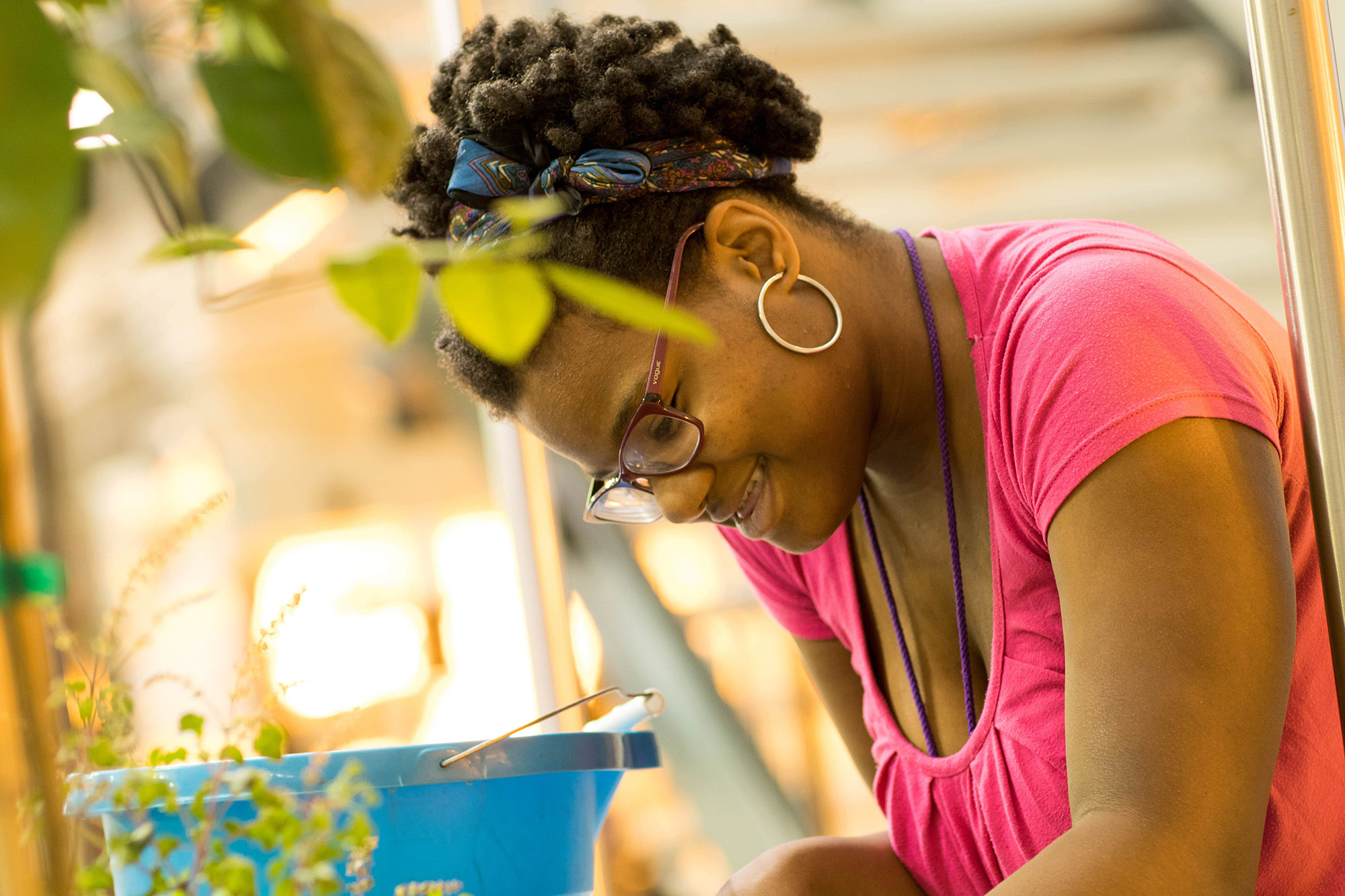Enrollment Now Open for Second Semester. Click Here
Enrollment Now Open for Second Semester. Click Here

School. Tests. Jobs. Extracurricular activities.
Your child has a lot to do every day. It’s all geared toward learning and moving toward future goals, but here’s one more thing your child should have on the schedule — volunteering.
Why should students volunteer? Because there are many benefits of student volunteering. It starts, of course, with helping other people but, as any active volunteer will tell you, you get more from volunteering than you give. Children and teens who give their time and talents find that volunteering is gratifying and prepares them for the future.
It’s important to know why students should do volunteer work. Students who volunteer are getting experiences that can’t be duplicated in the classroom, on the playground or by hanging out with friends. Volunteering builds character, expands horizons and opens doors to new opportunities. The reasons why students should volunteer include:
As became starkly clear during the 2020 pandemic, every community has needs. People are hungry. Families are homeless. The elderly are lonely. Even cats and dogs are languishing in shelters, waiting for a loving home.
Children and teens are a powerhouse of energy and ideas to alleviate the needs in their own backyards. Volunteering empowers children to make a difference, and opportunities abound. There are Boys & Girls Clubs and summer camps where other children need guidance. Animal shelters always need groomers and dog walkers. Visiting nursing homes brings great joy to the elderly. Cleaning a local park keeps public spaces fresh and green.
When you apply for college or a job, the admissions director or hiring manager wants to see experience and initiative. Volunteering provides children a real-world education that makes them stand out from the crowd of college applicants and candidates seeking employment.
Volunteering puts children into new circles, where they expand their boundaries and build self-confidence. While they’re painting homes for the homeless or distributing food at a food pantry, children meet peers who share their interests and their passion for making a difference. Volunteering also builds the network that children can use to heighten their influence for the next project — maybe meeting a hardware store owner who can donate lumber to help rebuild a church damaged by fire. Over time, children become more effective at making things happen. Volunteering can even connect students with influential people who can provide references or offer future jobs.
Children are full of curiosity. They want to explore new places and things. The more they explore, the likelier they are to find something that captures their imagination. It’s something that they are good at, which builds self-confidence and inspires them to learn more. Volunteering introduces children to new fields and new ideas. Kids who volunteer at an animal shelter might realize they have a passion for animals, which could someday lead to a career in veterinary medicine. Or those who volunteer for a nonprofit clinic might discover an affinity for health care. That kind of passion helps children find direction in their academics, pointing their schoolwork and activities toward the goal of a fulfilling career.
While volunteers are helping others, they’re also doing a lot of good for themselves. Research shows that volunteering delivers a host of physical and mental health benefits:
Put it all together, and the benefits of volunteering for students are evident. Volunteering gives children opportunities to meet new people and discover the things they’re passionate about. It builds self-confidence, which spills into all aspects of life, including academics. It helps children develop support networks and connections with people from all walks of life. For job searches, volunteering offers the chance to build experience and the skills that employers are looking for.
On college applications, volunteering shows a commitment to the larger community.
At CCA, every learning plan prepares students for life after graduation, whether your child plans to attend college, take career training, enter the workforce or join the military. Personalized learning is customized according to your child’s passions, interests, strengths, and challenges. Our clubs and activities bring children in contact with peers who share their interests, while they also offer opportunities to practice the leadership skills expected by college admissions directors and future employers. We encourage volunteering as part of the drive toward lifetime fulfillment, for its power to help children realize the good they can do for themselves and others. Contact CCA today to learn more about our student programs and activities that prepare children for success in school and in life.
Enrollment Now Open for Second Semester. Click Here